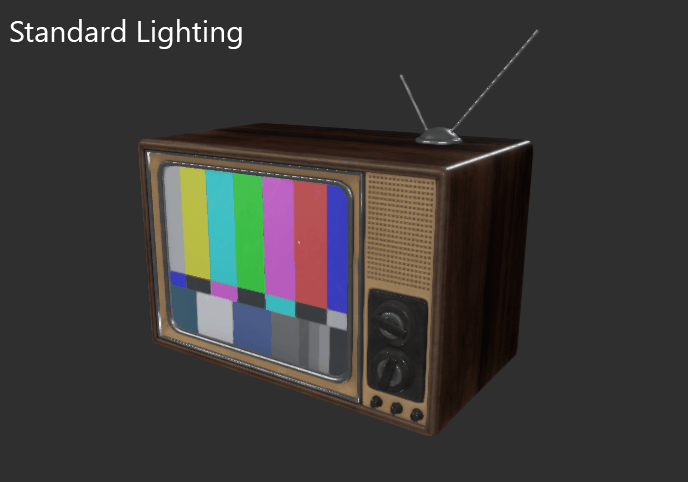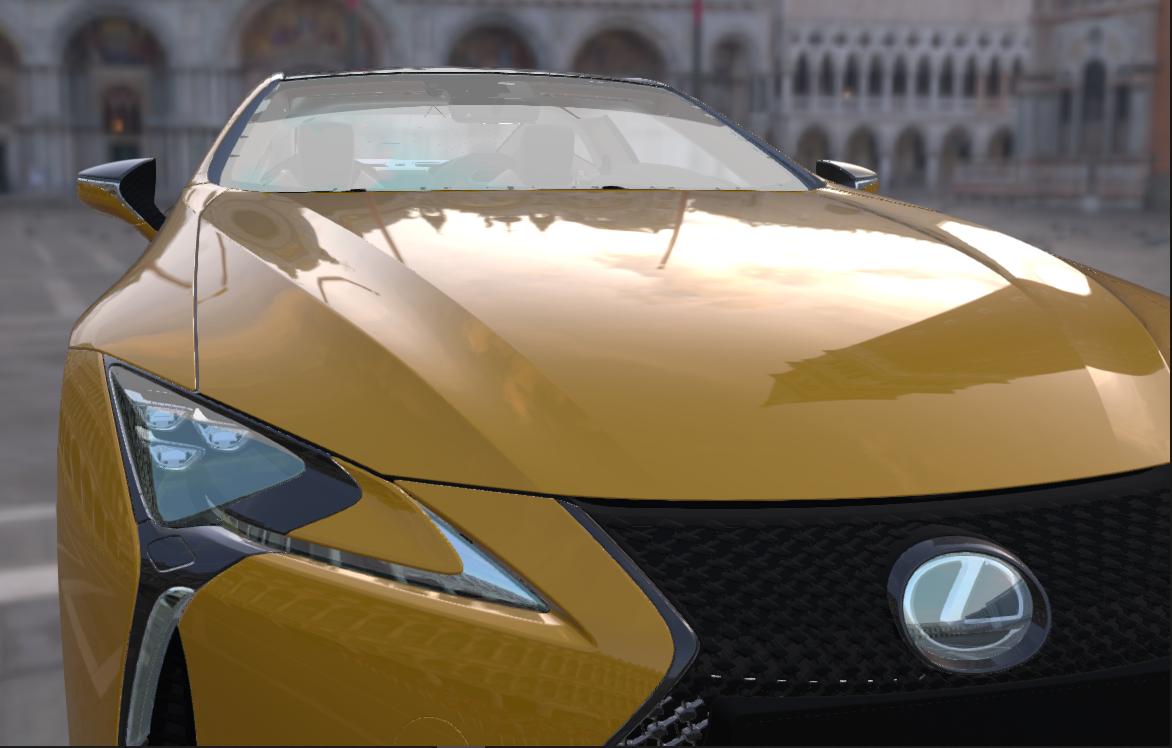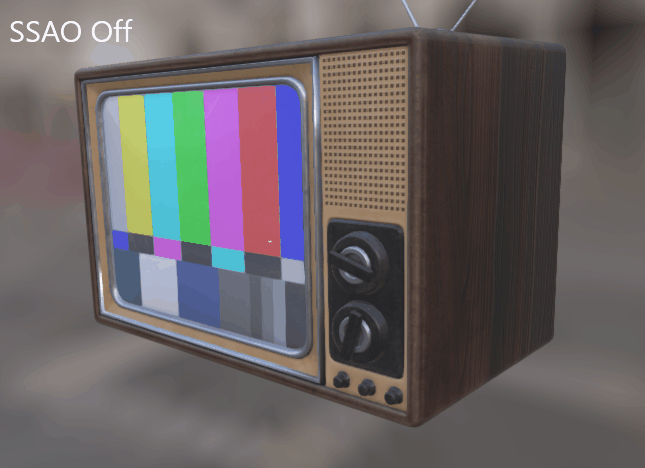Lighting Modes

3D objects (parts) present in a Pixyz Studio scene are rendered in real-time in the Viewer, thanks to virtual lighting and the virtual materials applied to them.
The Viewer can be used with 2 different lighting modes:
- HDR lighting
- Standard lighting
HDR Lighting
Being able to visualize a model in a more realistic fashion, closer to what it will look like in the final application where it is meant to be used, can be important in a Data Preparation process.
That is why by default, the Viewer lights Parts from the scene using HDR lighting (or IBL). Meaning an HDR environment map is used to light the scene by default.
Thanks to HDR lighting, the Viewer displays shaders in a more realistic way, giving a better look-and-feel to materials.
All material types (Standard, PBR, Color…) are affected by the HDR environment map.
8 HDR maps are available out-of-the-box and accessible from the Lighting & Environment panel.

Standard Lighting
Since it can be also important to visualize the scene with a simpler lighting, it is possible to choose a Standard lighting, using 4 simple directional lights placed around the scene (Legacy mode).
Note
When switching from Standard Lighting to HDR Lighting, the 4 default lights used with the Standard Lighting are disabled. Also, the default lights can be inserted in the Product Structure (from the Create menu), in order to be tuned.
Ambient Occlusion
An Ambient Occlusion post-process (SSAO) can be turned on to mimic contact shadows between surfaces, and add a little bit of realism to the render displayed in real-time in the Viewer.

Note
SSAO being a post-effect based on the whole image displayed on the screen, all the objects visible in the final image rendered in the viewport will be affected by the effect, including the grid, the transformation gizmo, the lines, the scene axis… Turn off their visibility if necessary.